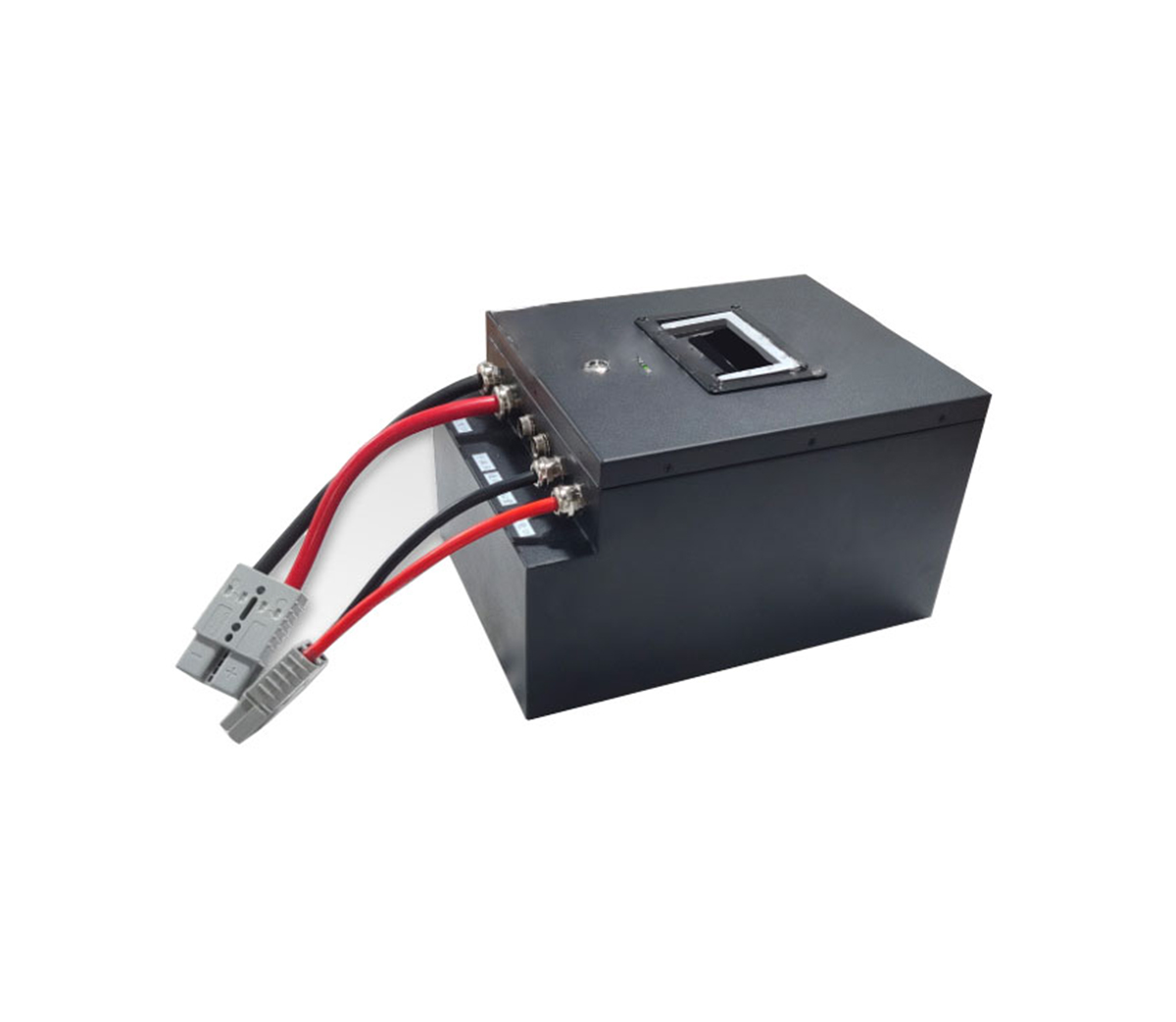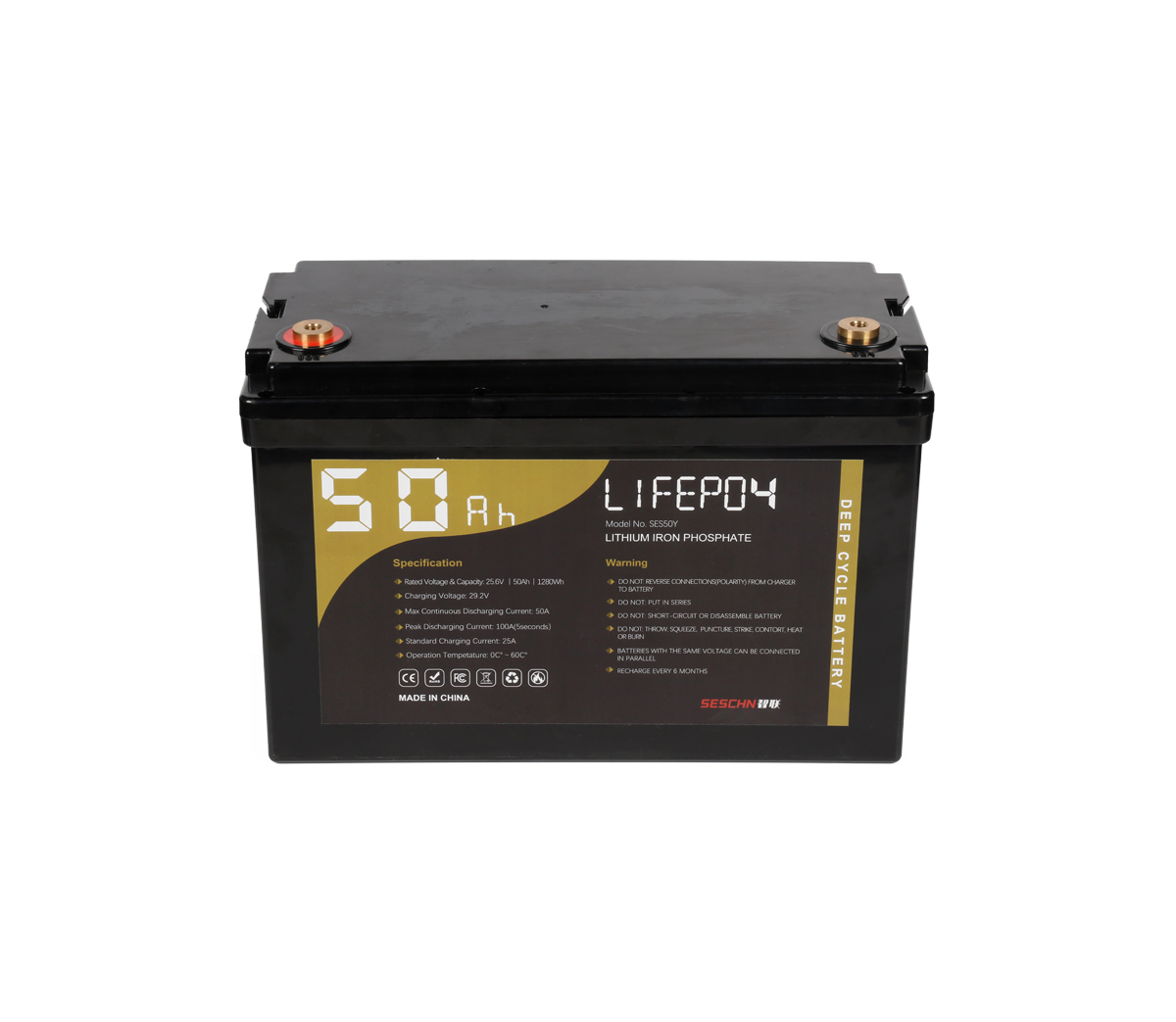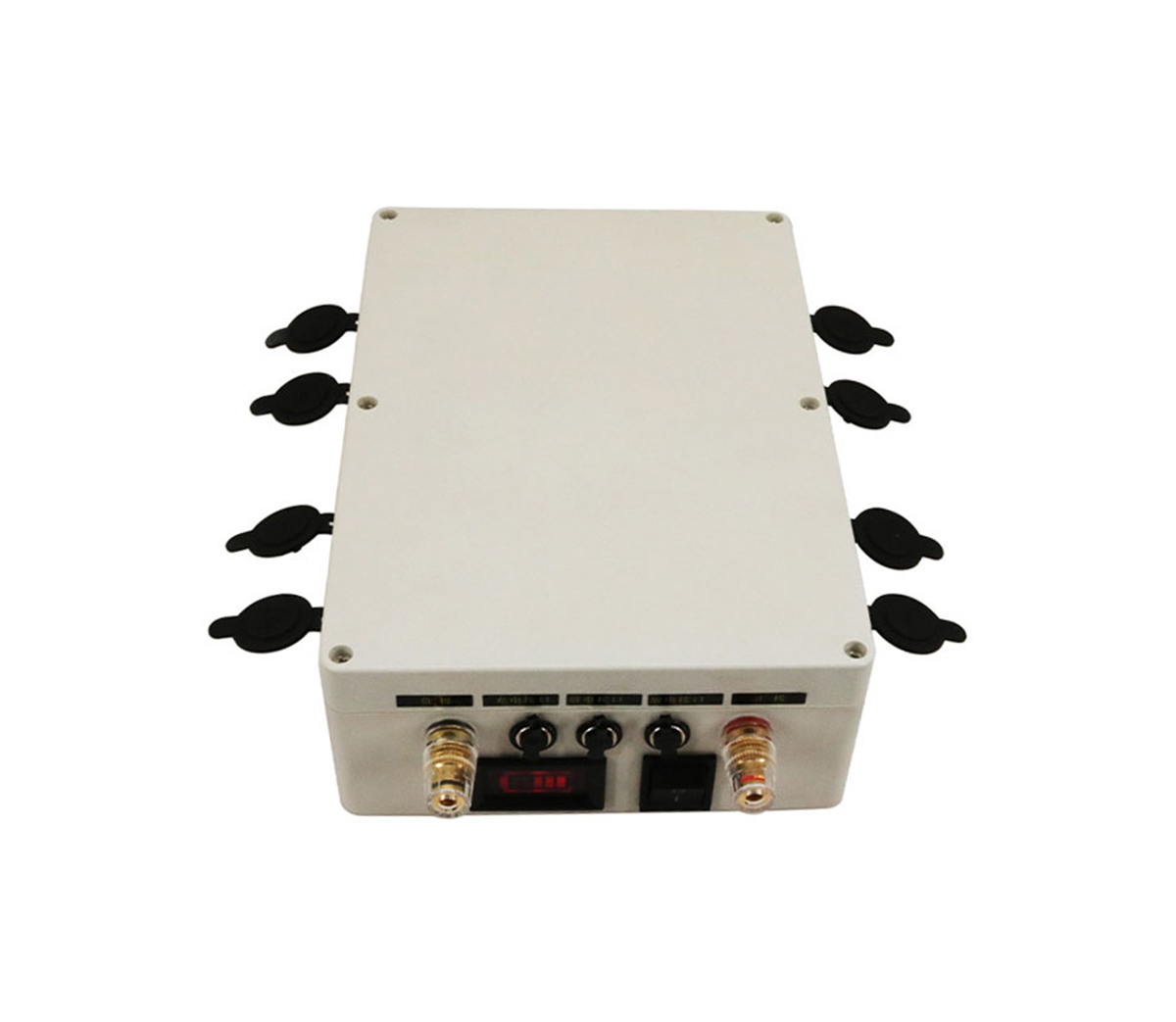What are the five issues that need to be paid attention to in the
production process of lithium batteries?
The production process of lithium batteries differs depending on different
lithium battery manufacturers, but due to the same principle, the main lithium
battery production processes are basically the same, generally including:
batching, coating, rolling, cutting, slitting, Welding lugs, winding, packaging,
baking, liquid injection, forming, forming, sub-volume inspection and other
processes.
The production process of lithium batteries differs depending on different
lithium battery manufacturers, but due to the same principle, the main lithium
battery production processes are basically the same, generally including:
batching, coating, rolling, cutting, slitting, Welding tabs, winding, packaging,
baking, liquid injection, forming, forming, sub-volume inspection and other
processes.
Lithium battery occupies a place in people’s daily life, but where does it
come from? What are the links in the production process of lithium batteries?
Although the production process of lithium batteries differs depending on
different lithium battery manufacturers, the principle is the same. The
production process of lithium batteries is basically the same.
In the necessary steps of the above-mentioned lithium battery production
process, five aspects should be paid attention to from material selection to
volumetric inspection after molding:
1. Improve the physical and chemical structure of the positive and negative
active materials, which is the basic link of the lithium battery production
process:
1. Proper ion doping of the material,
2. Improve the particle size distribution of the active material and avoid
the excessively wide particle size distribution of the active material.
3. Try to use materials with disordered layered structure or thinner layer
structure,
4, improve the surface structure of the electrode material;
Second, the high bond strength of the electrode coating is beneficial to
reduce the cycle capacity drop rate. This is the most technical process in the
lithium battery production process. For this reason, attention should be paid
to:
1. The binder and solvent forming the adhesive material should be pure, and
the coated film should not be stored for too long.
2, the ratio of the adhesive and active material used in the mixture of the
positive and negative coating film should be appropriate to ensure that the
powder does not fall off and does not come off after the coating;
Third, the optimization of electrolyte composition, the requirement of
lithium battery production process for electrolyte is to maintain capacity and
extend battery life:
1. Through the optimization of lithium salt, solvents and additives, the
conductivity of the electrolyte is improved and the polarization is reduced,
2, inhibit the reaction between the cathode material and the
electrolyte,
3. Improve the surface structure of the negative electrode material by
controlling the appropriate specific surface area and surface treatment such as
coating, film formation and surface chemical reaction on the carbon negative
electrode material;
Four. After the preparation of battery materials is completed, the lithium
battery production process enters the assembly process. At this time, attention
should be paid to:
1. The capacity of the negative electrode is slightly larger than the
capacity of the positive electrode,
2. After winding the positive and negative electrodes and the separator,
the gap particle size between the formed positive and negative electrode sheets
and the separator is not more than 0.5mm, and the upper and lower deviations are
not more than 0.5mm.
5. When performing capacity separation testing, it is advisable to charge
at a low rate in accordance with national standards, generally 0.2C.
In general, the following proportional relations should be paid attention
to in the process and manufacturing stage: the compaction density of the pole
piece surface and the pole piece, the excess rate of the negative electrode, the
formulation process, and the appropriate amount of electrolyte and the positive
and negative electrodes.
Each step of the lithium battery production process has a different time.
Generally, the ingredients, baking, and formation time are long, ranging from
about 10 hours, and more than two days and two nights; other processes are
relatively fast, with an average of 5 or 6 Hour. The entire lithium battery
production process will take about 15 days.


































